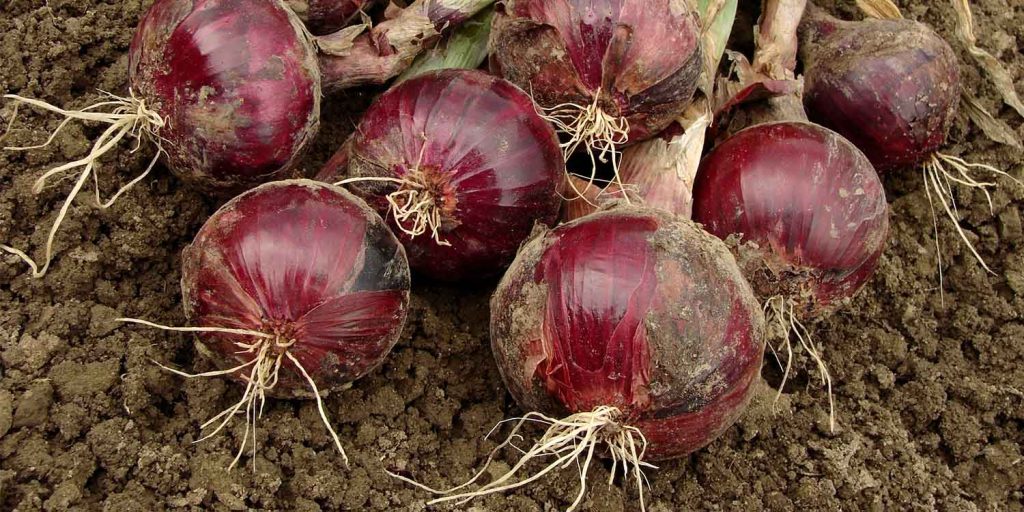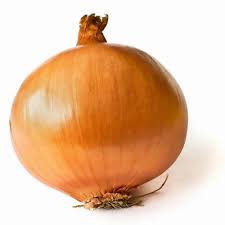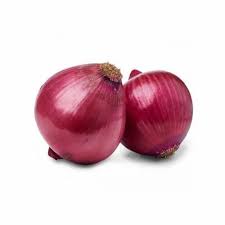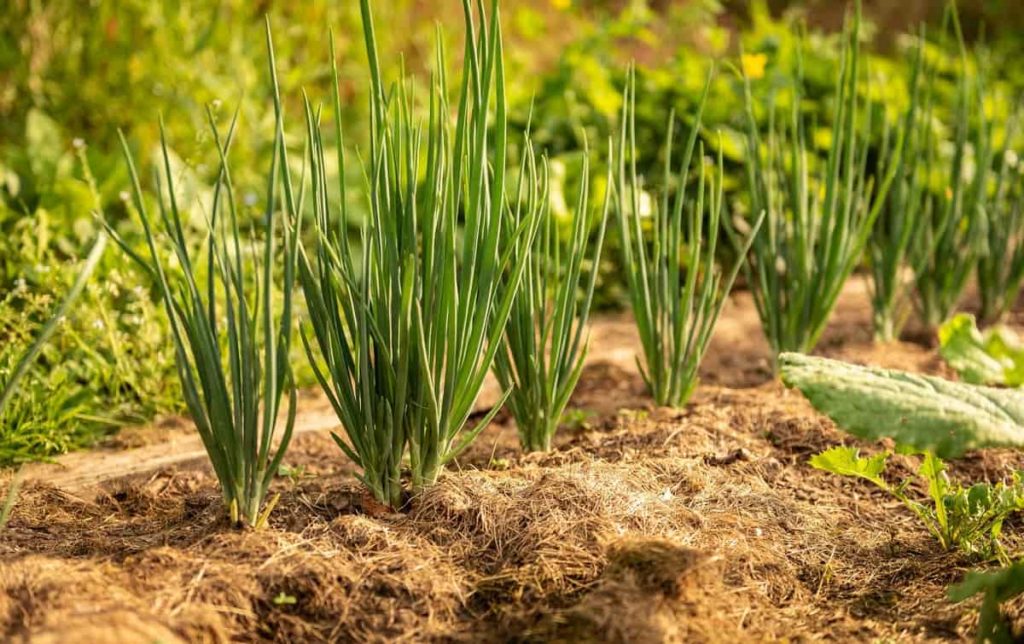Unlocking Profit Potential: A Comprehensive Guide to Successful Onion Farming in Kenya
Are you in need of in-depth knowledge on onion and garlic production? If yes, we are a call away. Contact us for: Onion seedlings, Garlic seedlings, Germinated garlic cloves, Farm planning services, Soil testing, training on onion and garlic growing, Drip irrigation installation and maintenance, Agronomic support, Onion and Garlic value pack and Farm management. For free consultation, placing orders or booking a visit with an agronomist, please contact us via Call or what’s app +254703982228, Email: Info@oniondoctor.co.ke. You can also check out our social media handles for daily updates on TikTok: https://www.tiktok.com/@oniondoctorke?_t=ZM-8wmsTu0qumO&_r=1 Instagram: https://www.instagram.com/oniondoctorke?igsh=MTVoaHF3aWUydTJzaQ==Facebook:https://www.facebook.com/share/16SwgYn2dG/ Youtube:https://youtube.com/@oniondoctorke?si=u5Jnd-r0qU9UDYqL and Twitter: https://x.com/OnionDoctorKe?t=FR3JXlS_oN1vjjUgAtfyzg&s=09 Onion farming in Kenya presents a lucrative opportunity for farmers seeking profitability in agriculture. At Onion Doctor, we understand the intricacies involved in achieving success in onion cultivation. Our expertise extends from market linkages to on-farm guidance, ensuring a bountiful harvest. Discover the keys to prosperity by following our comprehensive approach to onion farming in Kenya. Essential Steps for Profitable Onion Farming: Embarking on a successful onion farming venture requires meticulous planning and execution. Onion Doctor provides invaluable assistance in various crucial stages: Land Preparation: Prepare your land effectively with our expert guidance on soil health and structure before and during planting. We optimize your soil for maximum yield potential. Transplanting and Weeding Strategies: Proper labor planning during transplanting and weeding is critical. Onion Doctor offers strategies to ensure efficient labor management, enhancing your overall farm productivity. Post-Harvest Handling Procedures: Maximize profits by implementing effective post-harvest handling procedures. Onion Doctor provides insights into preserving the quality of your bulbs, ensuring a profitable gain during harvest. Contact Onion Doctor for a quotation and unlock the full potential of your onion farm The Lucrative Onion Market in Kenya: Understanding the onion market is pivotal for success. In Kenya, the demand for onions is vast, making it an excellent investment. Target the following markets for optim Diverse Consumer Base: Kenyan households widely incorporate onions into their daily meals, creating a consistent Target Institutions and Hotels: Institutions, schools, hotels, and restaurants represent lucrative markets due to their substantial onion consumption. Focus your marketing efforts on these high-dem Managing Market Fluctuations: Given the fluctuating prices in the onion market, Onion Doctor provides market linkages and insights to help you navigate market dynamics successfully. Health Benefits of Onions Besides being a profitable venture, onions boast numerous health benefits, making them a valuable addition to the diet. Incorporate these advantages into your marketing strategy: Immune Health and Tissue Repair: Highlight the high vitamin C content in onions, promoting immune health and tissue repair. Heart Health: Emphasize the presence of quercetin, an antioxidant that reduces heart disease risk factors such as high blood pressure. Antibacterial Properties: Share research findings on onion extracts inhibiting the growth of harmful bacteria, contributing to overall health. Gut Health and Cancer Protection: Promote onions as a source of fiber, prebiotics, and alliums, supporting gut health and reducing the risk of certain cancers. Onion Doctor is dedicated to supporting smallholder farmers across Africa. Our services, including quality seedlings, farm planning, soil testing, irrigation solutions, agronomic support, and on-farm training, empower farmers to optimize yields and achieve maximum profits. Partner with Onion Doctor to transform your onion farming venture into a thriving and sustainable success.









